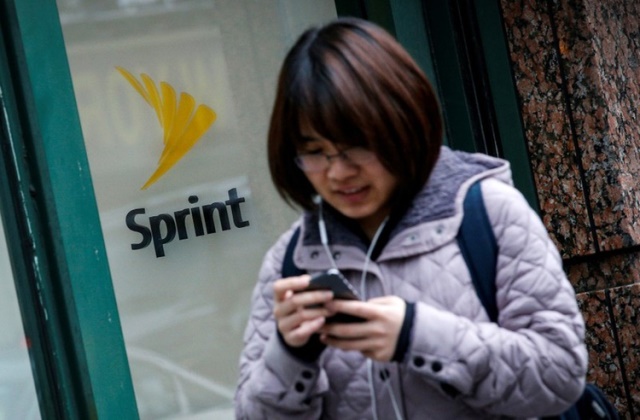The Federal Communications Commission (FCC) has slammed Sprint for claiming monthly subsidies for serving approximately 885,000 Lifeline subscribers, though those subscribers were not using the service.

FCC in a statement on Tuesday said this would be a violation of non-usage rule — designed to prevent waste, fraud, and abuse in the Lifeline program. The 885,000 subscribers represent nearly 30 percent of Sprint’s Lifeline subscriber base and nearly 10 percent of the entire Lifeline program’s subscriber base.
“It’s outrageous that a company would claim millions of taxpayer dollars for doing nothing. This shows a careless disregard for program rules and American taxpayers,” FCC Chairman Ajit Pai said.
FCC has asked Enforcement Bureau to investigate this matter to determine the full extent of the problem and to propose an appropriate remedy.
Lifeline helps make phone and broadband service affordable for low-income consumers across the United States. Providers participating in the program receive a $9.25 monthly subsidy for most Lifeline subscribers, which the company must pass along to the consumers as a discount.
FCC said under the non-usage rule, providers of free service may be reimbursed for a Lifeline subscriber if that subscriber has used the service at least once in the past 30 days. Providers must de-enroll inactive subscribers after giving them 15 days’ notice. Program-wide, the rule resulted in approximately 3.1 million de-enrollments in 2018, FCC said on Tuesday.
Sprint’s disregard of the non-usage rule initially came to light as a result of an investigation by the Oregon Public Utility Commission, FCC said.
Sprint, owned by SoftBank of Japan, is currently awaiting for final approval for merging with T-Mobile US. Sprint is the fourth largest telecom operator in the United States, behind Verizon, AT&T and T-Mobile.
